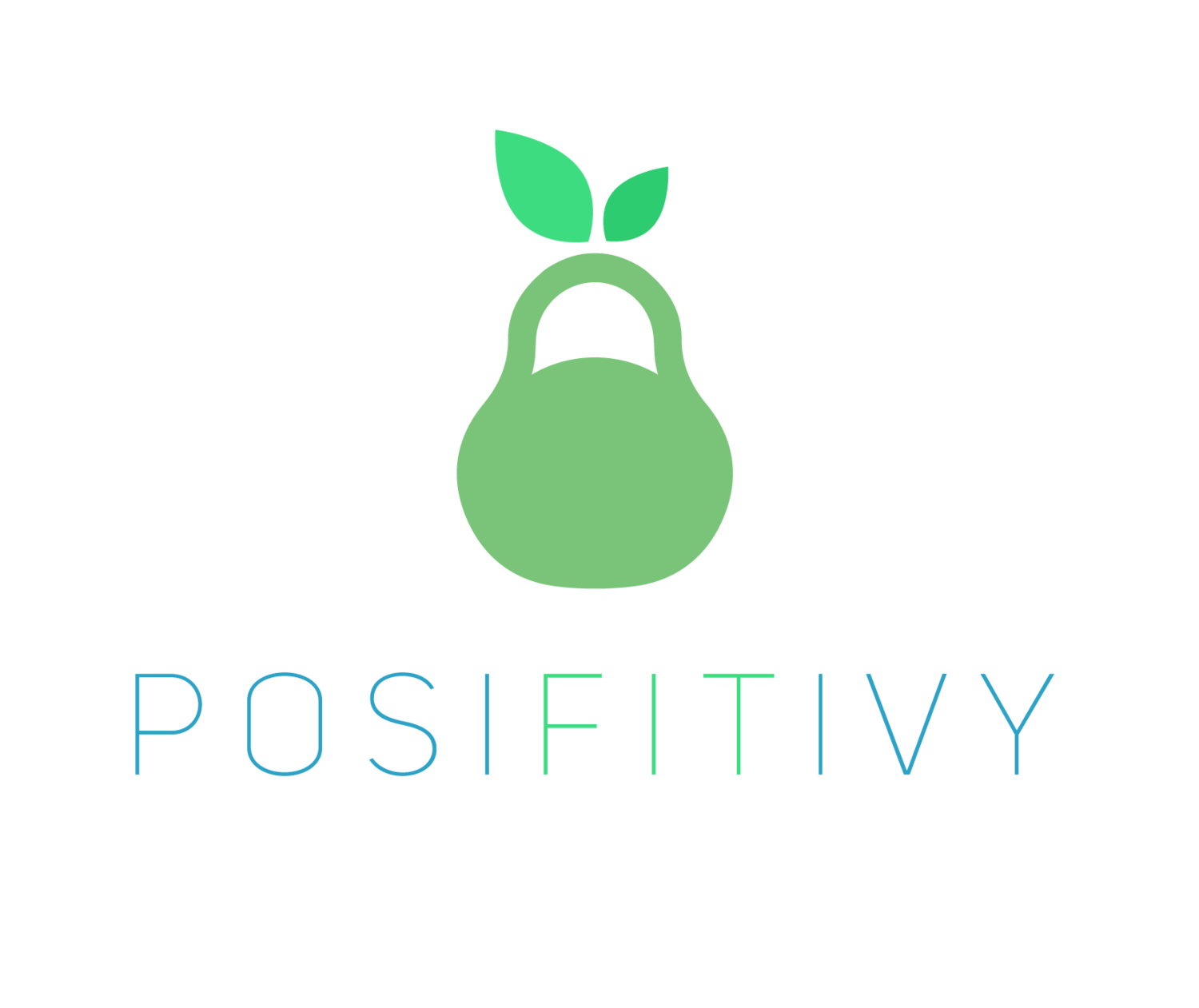how do you know if medical school is right for you?
How do you know if medical school is right for you? I frequently get asked for advice about this, especially because I changed careers from software engineering to medicine (read my story here). Though everyone’s experience is unique, I wanted to share some general advice that will hopefully assist you in making a decision for yourself.
Medicine is a means, not an end. Evaluate your purpose. In my opinion, “becoming a doctor” shouldn’t be an end goal; your desire to practice medicine should be patient-centered. What will you do as a doctor? What do you hope your contribution will be? What matters to you? Medicine is a hard road, and your personal “mission statement” won’t work itself out. You must spend time exploring your purpose and evaluating how medicine will help you fulfill it. This doesn’t mean you need to have every detail of your career worked out - remain open-minded! However, vague notions of wearing a white coat and having an exciting career won’t carry you through the tough patches. A strong sense of meaning and purpose will propel you forward where other motivations won’t.
Don’t fall for the sunk cost fallacy. You’ve wanted to be a doctor since middle school, but suddenly, as a junior in college, you’ve changed your mind. You didn’t like your science classes and don’t want to spend another four years in school after undergrad… but you’ve already spent so much time and money on your pre-medical courses and assorted extracurriculars! My advice? Get out now. No matter what, you won’t get back the resources you invested. In soldiering on and forcing a commitment to a career you don’t want, you continue to use resources that could be better spent elsewhere. Give yourself permission to change your mind and switch careers. Don’t compromise your future happiness and job satisfaction for the sake of trying to make up for an investment you won’t get back anyway.
Don’t view medicine through rose-colored glasses. Hopefully, if you’re interested in medical school, part of your motivation is helping others. That’s admirable! However, there are significant challenges associated with the practice of medicine, like inefficient bureaucracy, burnout, and patient noncompliance. Cultivate a consciousness of these issues before going to medical school. Learn about your healthcare system and its weaknesses. Use this knowledge to inform decision-making about your future career.
Don’t go into medicine because you have been pressured to do so. I understand that pressure from family can be hard to navigate, especially if you’ve experienced it since you were young. Let me reiterate: medicine is a hard path. If you have no intrinsic desire to become a doctor, do not allow external voices to crowd out your own. The reality is, you will have to live, day in and day out, with the consequences of your career choice. As early as you possibly can, stand up to your loved ones and assert your right to choose to your own path. Even if you decided early on that you want to be a doctor as a result of these pressures, re-evaluate your decision as an adult.
Spend time working with a doctor. The best way to determine if you want to pursue a career path is firsthand experience. Find a doctor near you and inquire about job or shadowing opportunities. A long time ago, I was interested in physical therapy, but after shadowing a physical therapist I decided it wasn’t the right path for me. You have nothing to lose by doing this - after all, if you do apply for medical school, you will need clinical hours. If you don’t apply, you’ve done the important work of ruling out a career option before initiating the journey.
Understand the commitment. You must spend a significant amount of time and money to take the MCAT, submit applications, take the CASPer where necessary, travel for interviews after you’ve applied, and complete rigorous academic and clinical training. Contemplate these commitments and determine if you are prepared to take them on.
I applaud your dedication to figuring out where to take your career. As I always say, introspection is incredibly important, and everyone should continually refine their personal purpose. Hopefully, these tips provided you with some insight into whether medical school is right for you. Any questions about something that I didn’t address here? Comment below!



